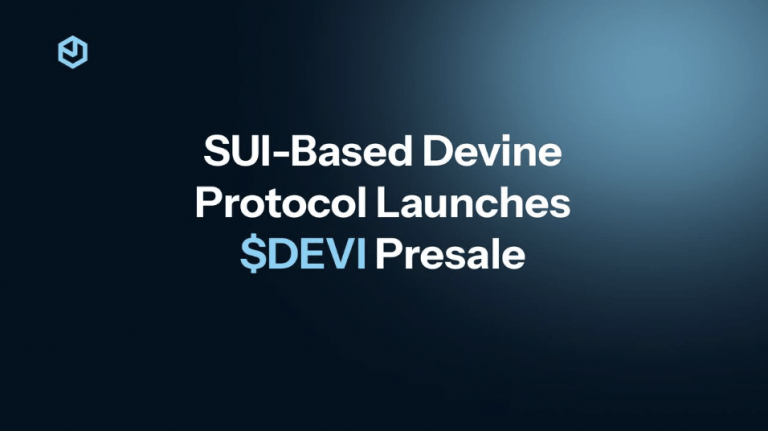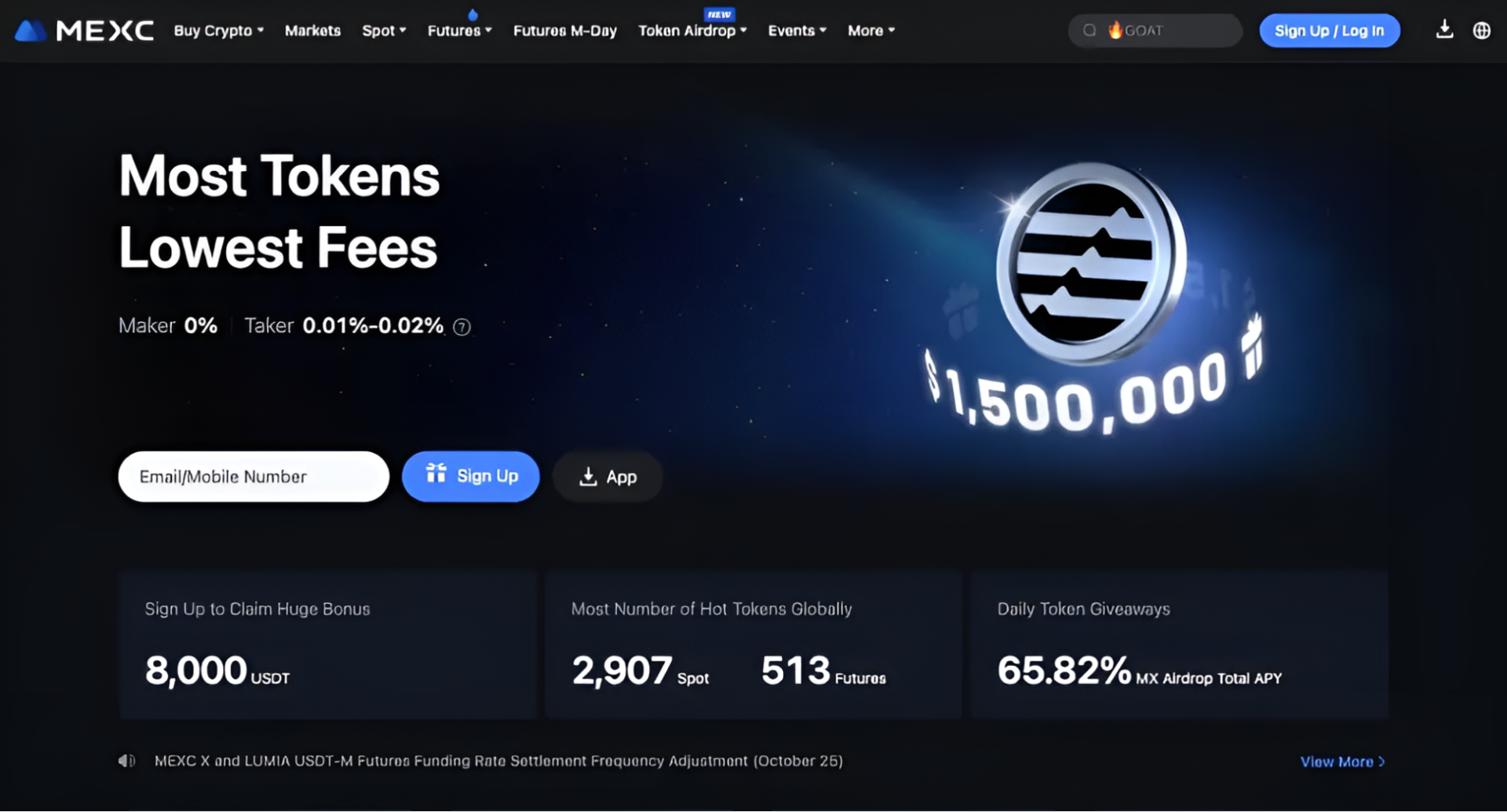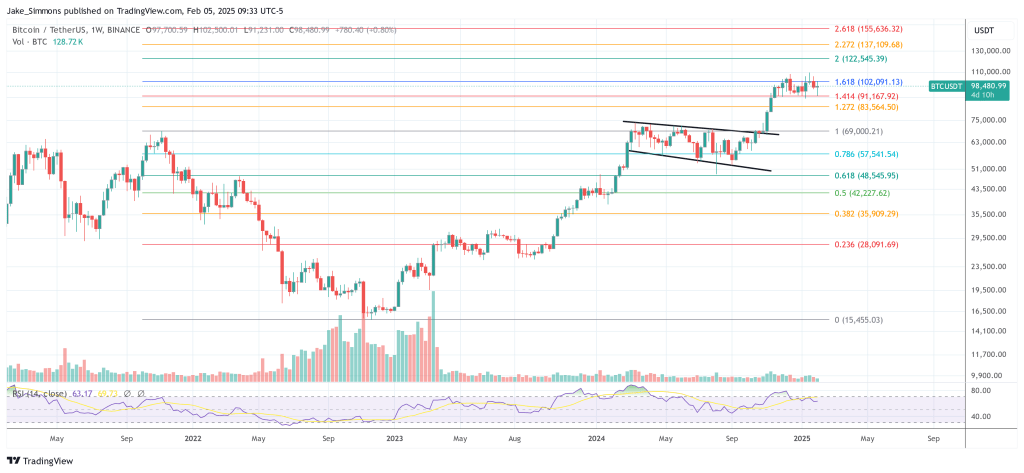General Conclusion
Bancor is the leader in AMM back in 2018. It continues to head in the innovation space of AMM. This time, Bancor V2.1 focuses on resolving the issue of impermanent loss.
How? Instead of fancy AMM models, it provides insurance and pays for the losses incurred.
Think of Bancor like a cookie jar and inside it, you have two types of pumpkin cookies one with leaves ($BNT) and one without leaves ($LISA). What I can do is to trade cookies so I can add more of the $BNT and remove $LISA. That means I'm trading $BNT for the $LISA. That’s basically how the Bancor system works.
Tokens and their functions
What we want to do is to reduce the cost and chances of the insurance payout. One way to do that is to allow for a deeper liquidity pool and to encourage people to be adding trade into the system.
Goal: more trade = more revenue
BNT tokens
Native utility token
Facilitates transactions between tokens in different liquidity pools
There are two types of agents.
The first agents are users or liquidity providers. They add $LISA into the liquidity pool.
The second one is the protocol which adds liquidity into the pool, specifically $BNT. Think of it as a co-investment or like a grant by the government. If I am putting $X into my startup, then the government can also co-invest $X amount of money into the startup.
In Bancor V2.1, the protocol can co-invest in the liquidity pool.
Trade token
It basically allows me to trade my tokens (Eg: $LISA, $LINK, $COMP) for the $BNT or any other tokens in the system.
Pool token
Represent ownership of the liquidity pool
If I own any percentage then I'm getting that pool token which represents ownership in the pool. The ownership means that I can get specific amounts of transaction fees that the pool generates. If I own 10% of the pool then I receive 10% of the revenues generated.
This token is also tradable and is created automatically when you add liquidity into the pool.
Single-Sided Liquidity Pool
Single-Sided means that there are 2 sides to this liquidity pool but you can choose to put in only one side.
Either you can choose to put liquidity in both sides or one of either side.
In this case, let's say the single-sided liquidity pool is only filled by one side. Let's use $LISA for instance. It is added to a single side by users or the liquidity providers whereas $BNT is added to the other side by the protocol Bancor itself.
This concept is called co-investment so a co-investment where one party puts something in and the VC, the investor, and the advisor put an amount in as well. They're co-investing in this liquidity pool and they both have ownership towards this liquidity pool. This means the protocol earn revenue this way.
TLDR:
Bancor V2.1 pays insurance for impermanent loss incurred. This is done by a co-investing single-sided liquidity provider model. The fees earned from the new model is used to pay for insurance. Otherwise, it mints $BNT to pay for insurance.
Get smart: Put your funds in Bancor V2.1 because the downside (impermanent loss) is removed via direct compensation.
Get smarter: The protocol becomes the first to test the market by the co-investment method. If you like the fees generated so far, invest alongside the protocol.
[link] [comments]

You can get bonuses upto $100 FREE BONUS when you:
💰 Install these recommended apps:
💲 SocialGood - 100% Crypto Back on Everyday Shopping
💲 xPortal - The DeFi For The Next Billion
💲 CryptoTab Browser - Lightweight, fast, and ready to mine!
💰 Register on these recommended exchanges:
🟡 Binance🟡 Bitfinex🟡 Bitmart🟡 Bittrex🟡 Bitget
🟡 CoinEx🟡 Crypto.com🟡 Gate.io🟡 Huobi🟡 Kucoin.



















Comments